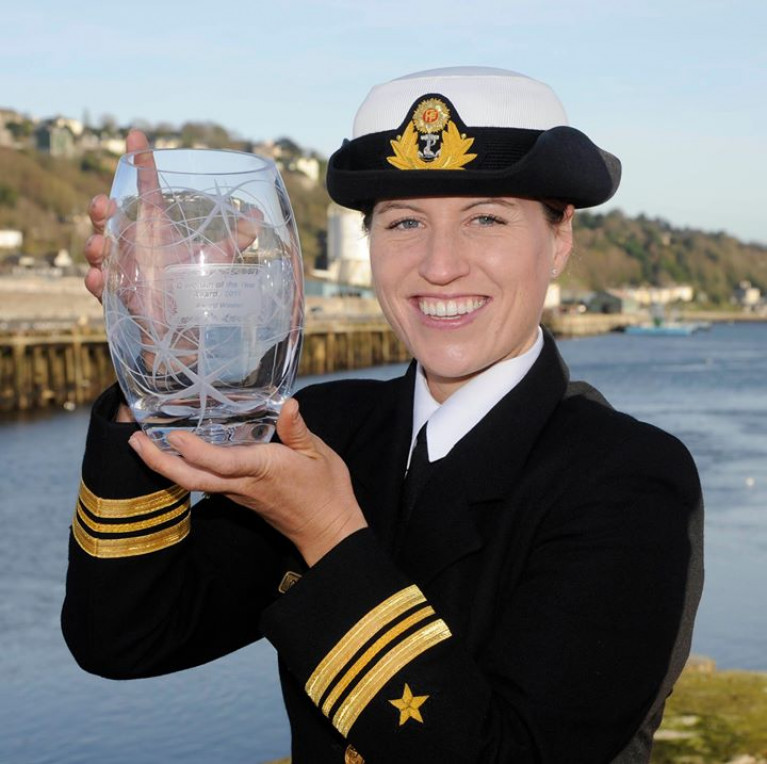Displaying items by tag: Lt Cdr Roberta O’ Brien
First Female Captain of Irish Naval Service - Speaker At International Women's Day Luncheon
Lieut Cdr. Roberta O’Brien the first female captain of an Irish Naval Service patrol vessel, LÉ Aisling in 2008, is among speakers at an International Women's Day Luncheon event held today in Cork, writes Jehan Ashmore.
The Irish event in association with AIB, takes place in the Metropole Hotel. This afternoon's event is been held in advance of the official date of the globally held International Women's Day 2020 (this Sunday, 8 March).
O’Brien has had a remarkable career so far with the Irish Naval Service, and where she has really paved the way for females, not just in the Defence Forces but across all careers and paths of life. Roberta became the first female to join the navy in 1995 when she joined the Defence Forces as a cadet.
The theme for International Women's Day (#EachforEqual) is 'an equal world is an enabled world'. Collectively, each one of us can help create a gender equal world. Equality is not a women's issue, it's a business issue.
According to the event organiser, she is about to be promoted to the role of first female Naval Commander in the Irish State.
The Naval Service Officer was awarded 'Cork Woman of the Year' Award in 2011 and is seen on the occasion in the above photo along Port of Cork's city-centre quays.
Downriver of these quays is where the former LÉ Aisling (P23) renamed Avenhorn in 2017 departed farewell from the Irish Naval Base on Haulbowline, Cork Harbour for new owners which has since changed. For the last update click here.
For much more information on Sunday's worldwide event, click the IWD's website here.





























































